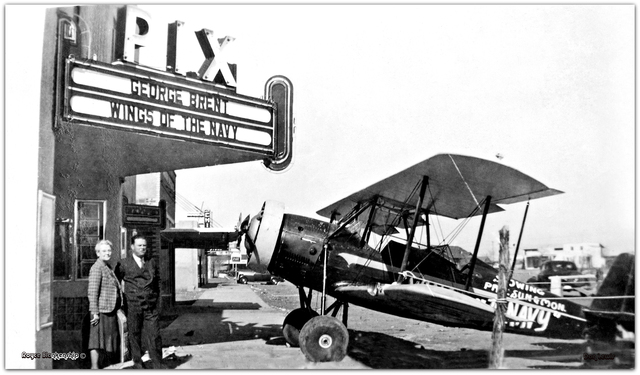About Me ...

In 1954 my parents must have decided I was old enough to go to the movies. This privilege carried a caveat. I was under the supervision of my older sister Joan. She was 11 and I was 6. We were accompanied by my 5-year-old nephew Phil. Thus began a series of Saturday and Sunday matinees at the Pix theatre, a vast room of darkness, fold-down cushion seats, sticky concrete floors, and — directly above our heads — a prism of light that somehow converted to images and sound, both wonderful.
Movie selection was simple. We watched whatever was showing. In my memory, we went every Saturday with some Sundays added in. We had seen preview trailers one week earlier, so we knew what to expect. We also had the Movie Calendar, given away for free at the concession stand each month. Those calendars served as both a memory box of past redoubts and a road map planner for future adventures. The old Pix was our past sanctuary and our future vision. Unexpectedly, we were learning about a world beyond our small West Texas town.
